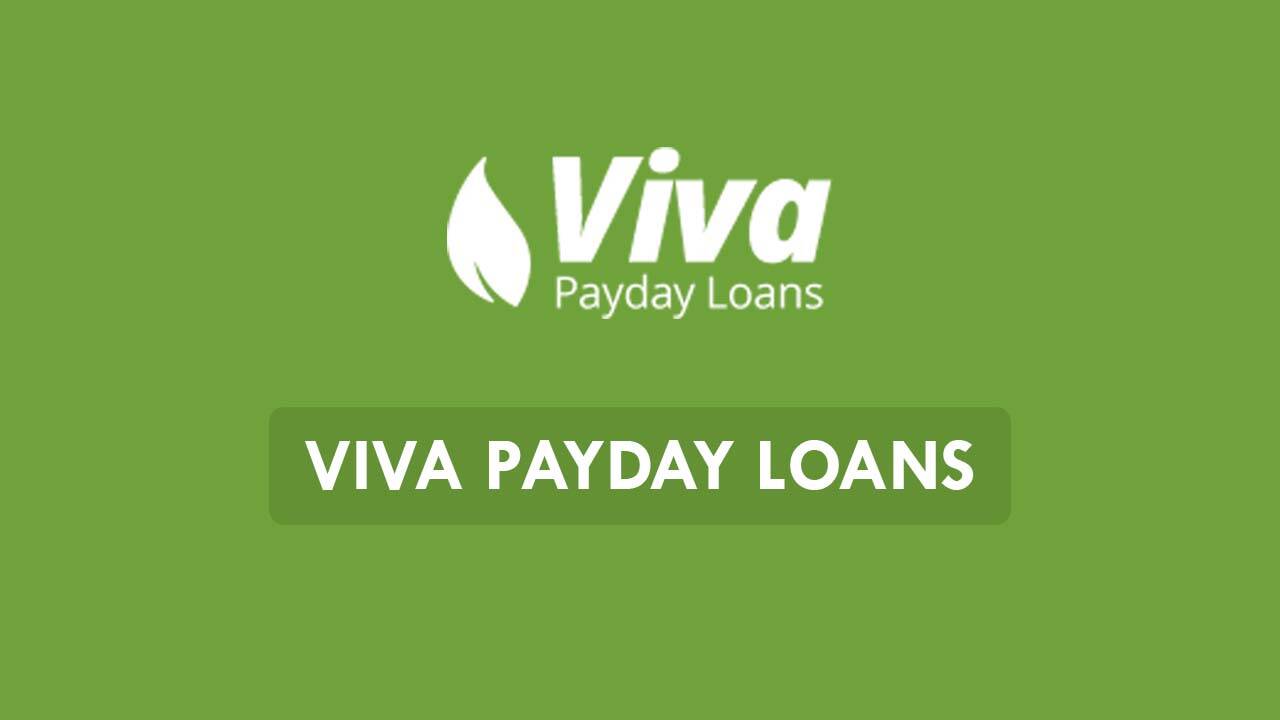Direct Lender Payday Loans Instant Approval

Desperate borrowers are increasingly turning to direct lender payday loans promising instant approval, fueling concerns about predatory lending practices and unsustainable debt cycles. These loans, often marketed online, offer quick cash but come with exorbitant interest rates and fees.
This surge in demand highlights a growing need for immediate financial relief amidst economic uncertainty, yet experts warn of the significant risks associated with these easily accessible but potentially crippling financial products.
The Allure of Instant Approval
Direct lender payday loans boast a streamlined application process and near-instant approval, bypassing traditional credit checks. This appeals to individuals with poor credit scores or limited access to conventional lending options.
Advertising often emphasizes speed and convenience. Borrowers can purportedly receive funds within hours, sometimes even minutes, of applying online.
This accessibility comes at a steep price: Annual Percentage Rates (APRs) can soar into the triple digits, far exceeding the rates associated with credit cards or personal loans.
Who is Seeking These Loans?
Data from the Consumer Financial Protection Bureau (CFPB) indicates that payday loan borrowers are disproportionately low-income individuals, often facing unexpected expenses or struggling to make ends meet.
A 2021 report by the Pew Charitable Trusts found that 69% of payday loan borrowers use these loans to cover recurring expenses like rent, utilities, or groceries, rather than unexpected emergencies.
Furthermore, the Financial Health Network's research reveals that financially vulnerable populations are more likely to fall victim to predatory lending practices due to limited financial literacy and a lack of alternative options.
The Mechanics of Direct Lending
Direct lenders bypass intermediaries, offering loans directly to borrowers. They often operate online, increasing accessibility but also posing challenges for regulatory oversight.
The application process typically involves providing personal information, bank account details, and proof of income.
Upon approval, funds are deposited directly into the borrower's account. Repayment is usually scheduled for the borrower's next payday, automatically withdrawing the principal plus interest and fees.
The Downside: A Cycle of Debt
The short repayment terms and high costs of payday loans can trap borrowers in a cycle of debt.
Many borrowers find themselves unable to repay the loan in full on the due date, leading to rollovers or renewals. These extensions incur additional fees, further increasing the total cost of borrowing.
The CFPB has documented cases where borrowers end up paying more in fees than the original loan amount. Research indicates that the average payday loan borrower is in debt for nearly five months of the year.
Regulatory Scrutiny and Consumer Protection
Several states have enacted laws to cap interest rates on payday loans or ban them altogether, aiming to protect consumers from predatory lending practices.
The CFPB has also issued regulations aimed at requiring lenders to assess a borrower's ability to repay before issuing a loan. This includes measures to prevent repeated borrowing and rollovers.
However, the effectiveness of these regulations remains a subject of debate, with some critics arguing that they are insufficient to address the underlying problem of financial vulnerability.
Beware of Deceptive Marketing
Consumers should be wary of direct lender payday loans that promise guaranteed approval or no credit checks.
These claims are often misleading and may indicate predatory lending practices.
It is essential to carefully review the terms and conditions of any loan agreement, paying close attention to the interest rate, fees, and repayment schedule. Borrowers should also explore alternative options, such as credit counseling, community-based financial assistance programs, or borrowing from friends and family.
Moving Forward
Increased awareness of the risks associated with direct lender payday loans is crucial. Consumers need access to education and resources to make informed financial decisions.
Continued regulatory efforts are needed to protect vulnerable borrowers from predatory lending practices. This includes stronger enforcement of existing laws and the development of new regulations to address the evolving landscape of online lending.
Individuals struggling with debt should seek help from reputable credit counseling agencies or financial advisors.















